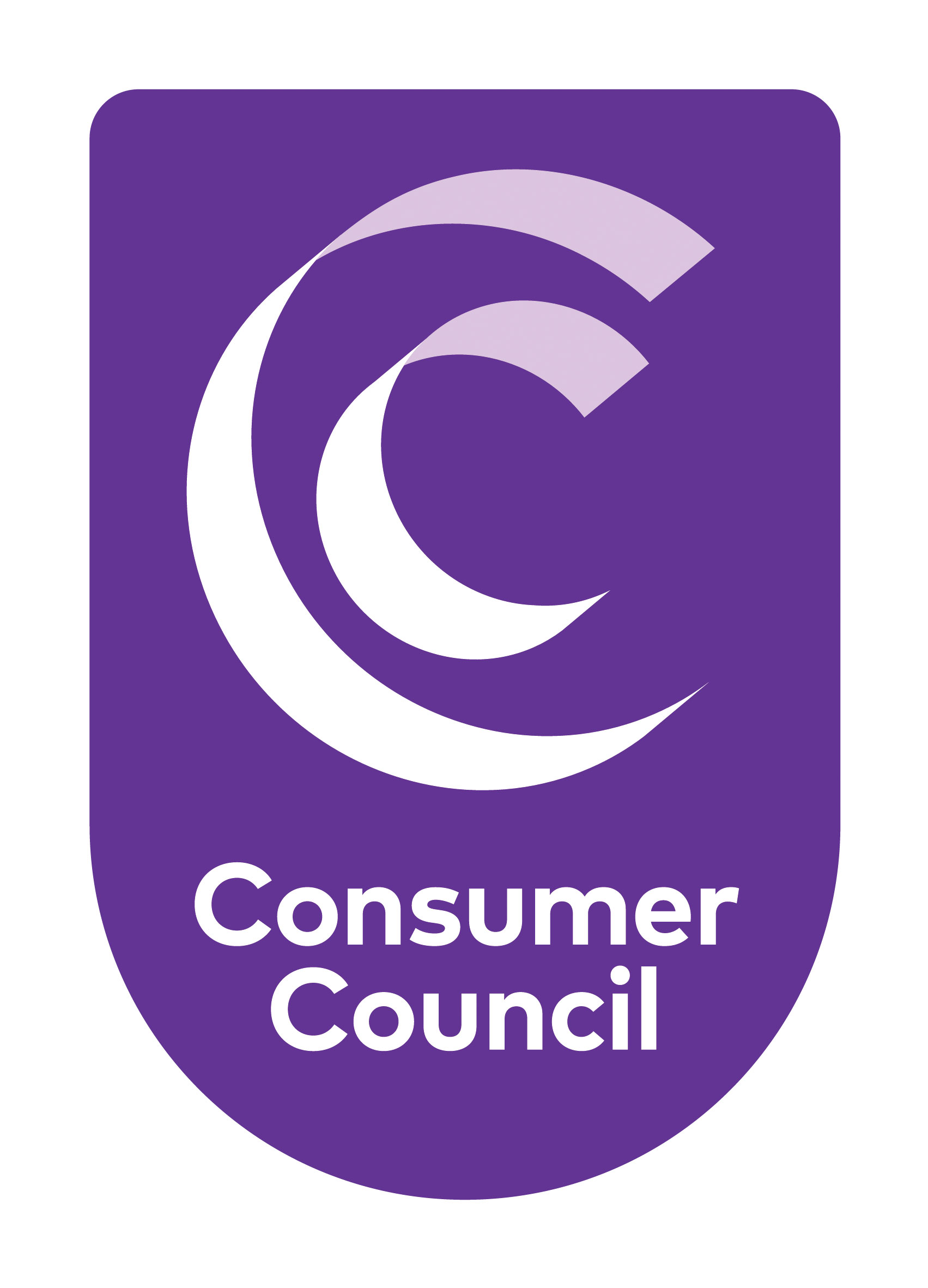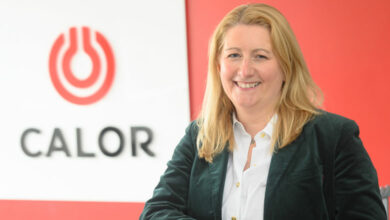Changing attitudes to the energy transition

Fulfilling our commitment to address climate change will significantly impact consumers in the coming decades. Just how the ambitious targets within the 2022 Northern Ireland Climate Change Act will affect society and consumers is yet to be fully understood.
To address this knowledge gap, the Consumer Council established an annual tracker survey. It is intended to provide policy makers and industry experts insights into consumers’ experience of the energy transition. The survey is now in its second year. Peter McClenaghan explains how the survey is providing an interesting picture of consumer attitudes regarding the energy transition.
|
Peter McClenaghan is Director of Infrastructure and Sustainability. He is responsible for the strategic leadership of the Consumer Council’s statutory functions in the energy, water, and transport sectors. The Consumer Council is Northern Ireland’s statutory consumer body, working to promote and protect the interests of consumers. The organisation’s statutory obligations in the utilities sector include consumer research, consumer empowerment, complaints handing, consumer advocacy, and the provision of guidance to public authorities. The Consumer Council’s annual ‘Attitudes to the Energy Transition’ tracker research is designed to provide detailed evidence to underpin transition planning undertaken by policymakers and the energy sector. |
Informed decisions
The second annual Consumer Council ‘Attitudes to the Energy Transition’ research study provides a contemporaneous picture of consumer experiences of one of the most important issues in our lifetime.
As experts in the field of consumer research, regularly carrying out research and face to face engagement with consumers, the Consumer Council is perfectly placed to undertake this work.
The energy transition will mean significant changes to how people live, eat, travel, and heat their homes. As significant barriers to individuals’ energy transition remain it is crucial that the annual consumer insights we capture are used to inform decision-making.
Growing knowledge of terminology
The Northern Ireland Executive’s Energy Strategy provides a strong grounding to address the needs of consumers’ during the energy transition. The strategy places consumer needs at the heart of the energy transition.
However, without understanding consumer needs and addressing them we will not meet Northern Ireland’s carbon reduction ambition.
The Consumer Council ‘Attitudes to the Energy Transition 2024’ demonstrates a welcome uplift in consumer understanding of key terminology. For example, more than seven in 10 consumers report understanding of the terms ‘decarbonisation’, ‘net zero’, and ‘greenhouse gas emissions’.
The survey also finds a year-on-year increase in understanding of each of these terms, with almost nine out of 10 consumers now expressing an understanding of the term ‘greenhouse gas emissions’.
Warning signs: Impact not understood
While consumer understanding of important terminology has increased, there has been no corresponding increase in consumer awareness of the technologies they may be asked to rely on to heat their homes in future.
More worryingly, the survey shows a year-on-year decrease (down to 52 per cent from 56 per cent) in awareness of the need for households to switch from fossil fuels to zero carbon alternatives to achieve decarbonisation targets.
As consumers first need to understand what is being asked of them, this lack of awareness demonstrates the need for better public information regarding the energy transition.
Consumers must be presented with simple information so they can begin to embrace the energy transition.
Warning signs: Lower support for renewables
“This lack of awareness demonstrates the need for better public information regarding the energy transition.”
Seven in 10 consumers indicate they support the use of renewable energy. Such support will be invaluable in driving forward with the energy transition.
However, consumer support must not be taken for granted. This is evidenced by the changes in findings since last year’s Consumer Council survey. The 2024 survey indicates a decrease (down to 70 per cent from 78 per cent) in the number of consumers who support the use of renewable energy for providing our power, heat, and transport.
The number of consumers who would support the construction of new infrastructure in their local area to aid the increased use of renewable energy has also decreased from 2023 to 2024 (down to 50 per cent from 58 per cent).
As the energy transition will necessitate significant infrastructure investment and potential in-home disruption, it is important that work is undertaken by government and industry to engender consumer support for the energy transition.
Consumer dislike of punitive measures
One means to negatively impact consumer support for the energy transition is to impose upon people measures they deem to be punitive. Such measures should only come after providing adequate support to enable household’s carbon reduction activities.
This dislike of punitive measures is shown by lack of support for a ban on peat, coal, or oil for home heating. Only 25 per cent of consumers indicate they would support a policy of that nature to help Northern Ireland reduce greenhouse gas emissions.
Affordability is key
Pleasingly, most consumers continue to support policies to reduce greenhouse gas emissions in Northern Ireland.
However, the survey finds a reduction in consumer willingness to drive their car less, fly less, and use public transport more to reduce their own carbon emissions.
Consumers were also less concerned than a year previously about the how much energy is used in their home (down to 49 per cent from 62 per cent).
These factors could be due to an increase in environmental scepticism but are more likely to reflect a reduction in energy prices that were extremely high when the first survey was undertaken.
The cost of living challenges facing consumers may also be a reason for a reduction in consumer support for increased taxes on fossil fuels to advance carbon reduction initiatives.
The survey finds a year-on-year decrease in support for the use of carbon taxes to further develop new and clean energy sources (down to 57 per cent from 75 per cent); help pay for energy efficiency improvements in low-income households (down to 68 per cent from 74 per cent); fund improvements to transport infrastructure (down to 67 per cent from 74 per cent); and to fund programmes to help communities prepare for and adapt to the impacts of climate change (down to 62 per cent from 66 per cent).
There was also a reduction in support for government grants for electric vehicles, to install cleaner more efficient domestic heating systems, and to increase investment in public transport.
Empowerment is critical
It is essential that we achieve a just and fair transition by ensuring affordability, security of energy supply and protection for all consumers, particularly our vulnerable citizens.
Consumers play an essential role. Empowering individuals, and mobilising communities, to actively embrace Northern Ireland’s energy transition is critical.
Contact:
T: 0800 121 6022
E: info@consumercouncil.org.uk
W: www.consumercouncil.org.uk






